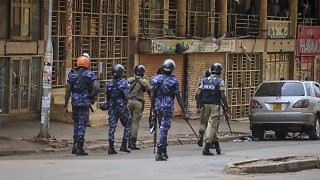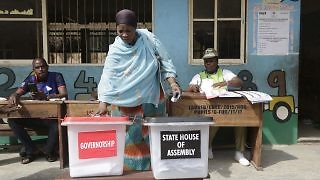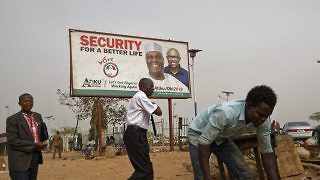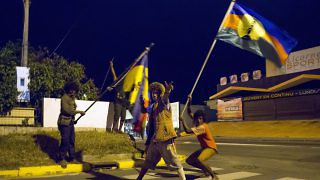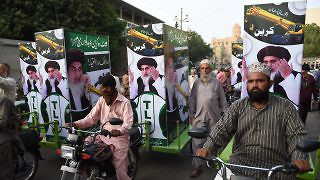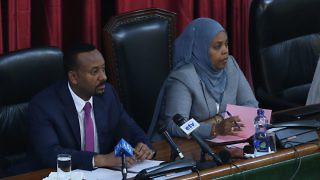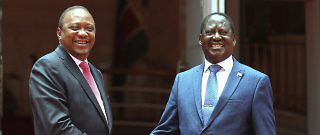It is time for Uganda to enact laws in keeping with international standards and redefine the relationship between police and military during law enforcement.
Tag: elections
-
-
It remains to be seen whether the Mitsotakis cabinet will provide sustainable solutions to the pressing problems that Greece faces.
-
The stakes of getting election accountability right are high. If these processes fail, the credibility of Nigeria’s democracy could be undermined, possibly contributing to a more volatile environment for the 2023 elections.
-
Questions around domestic security will continue to be of concern to the elected government, who will need to be aware that the consequences of insecurity could define Nigeria’s socio-political stability well beyond election day.
-
The lessons from New Caledonia have implications for independence movements in other places like Catalonia, Iraqi Kurdistan, and West Papua.
-
As we sift through the burning embers of the presidential campaign, what are some of Jair Bolsonaro’s key foreign policy priorities?
-
Without an adjustment in approach to mainstreaming, extremist ideology will likely further permeate Pakistan’s political and social fabric
-
Taking stock of Abiy’s efforts thus far offers a better view of whether reforms will be lasting.
-
Now that Iván Duque has won the presidency, a closer look at the changes he has proposed and a mapping of the biggest vulnerabilities to the agreement signed in November 2016 illustrates the stakes.
-
After 20 years of trying and failing to become president, there is a fair amount of uncertainty as to the direction of Odinga’s political future.
